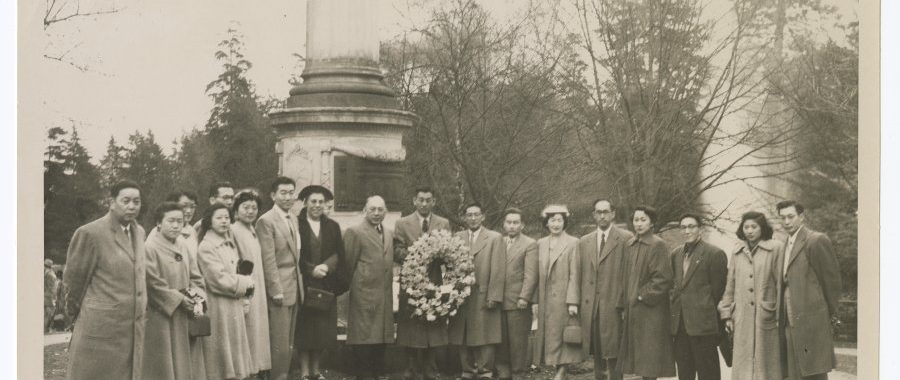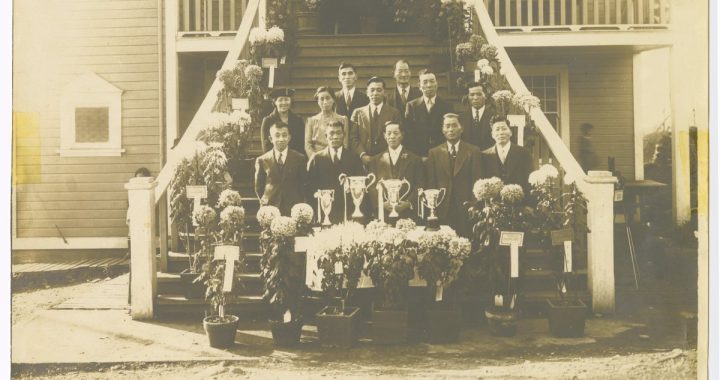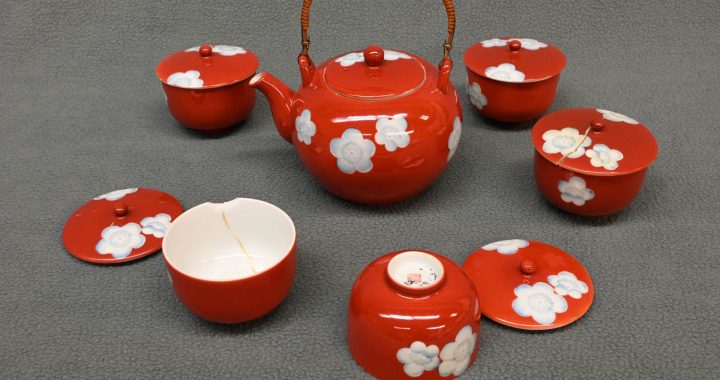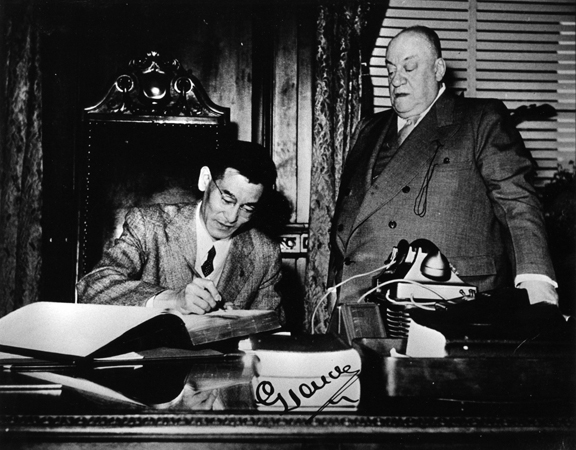
George Tanaka and the Right to Vote
George Tanaka is often described as a ‘quiet’ and ‘thoughtful’ man, who fought for the Japanese Canadians’ rights for freedom and equality – a ‘compassionate human being … [with] unflinching courage.’ (Roy Ito, Stories of My People, 1994)
George spoke against the economic hardships and the forced dispersal of Japanese Canadians throughout Canada. Through his experiences as a veteran and a civilian, he called for the importance of exercising the rights to vote and to work as freely as any Canadian citizen could. Putting his personal career aside, George fought for the acceptance and advancement of the Japanese Canadians through and after the Second World War, until his untimely passing in 1982.
What moves a man to achieve such great heights in a time when mounting political tensions led to mass displacement, dispossession and disenfranchisement of the Japanese Canadians?
Born in Vancouver on July 15, 1912, young George worked under Frank Moritsugu as a gardener. His years with Frank would later shape his career as a successful landscape architect. The outbreak of the Second World War led him down a path of political activism and social justice. During the Second World War, he worked in Camp Black as part of the Schreiber-Jackson Highway Project, in hopes to unite his mother and brother in Ontario and later, worked on the sugar beet farms. In 1943, he helped form the Japanese Canadian Committee for Democracy (JCCD). Not only did JCCD further the cause of the JCs with respect to their loss of property and household chattels, it fought the threats of deportation of all persons of Japanese origin. George was essential in calling for a commission with powers broad enough to deal with all forced dispersal losses. In 1945, the JCCD urged the government to accept the niseis for service in the army. When the government agreed, George joined his fellow niseis in the S-20, Canadian Army, as a linguist.
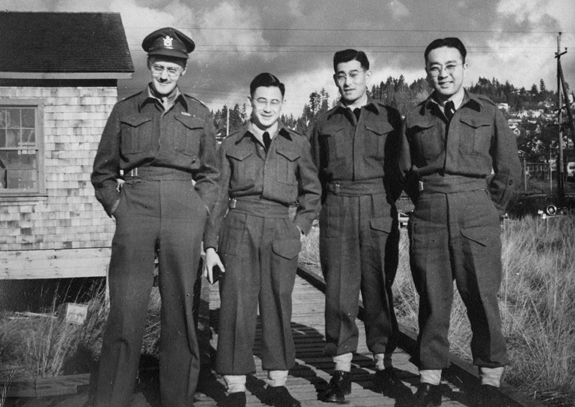
After the war ended, he became the Executive Secretary of the Japanese Canadian Citizens Association (JCCA) in 1947—a national organization advocating for the right of the Japanese Canadians to vote. In the six years that he served, he worked to bring about changes in the attitude of people by describing the niseis’ contribution to the war and petitioning for their bill of rights and franchise. His efforts resulted in the extension of voting rights to all of the JC veterans of the Second World War and their wives.
The Japanese Canadians received the right to vote – first, in June 1948, federally and later, in March 1949 in BC.
They had done it.
Tanaka later told reporters, “I’m too overcome with joy to find the right words to say.”
The torch of franchisement that was first lit by Tomekichi Honma in 1902 had finally rested in George Tanaka’s hands. After nearly 50 years, he, alongside other niseis, had helped transform the landscape of Canadian politics forever.
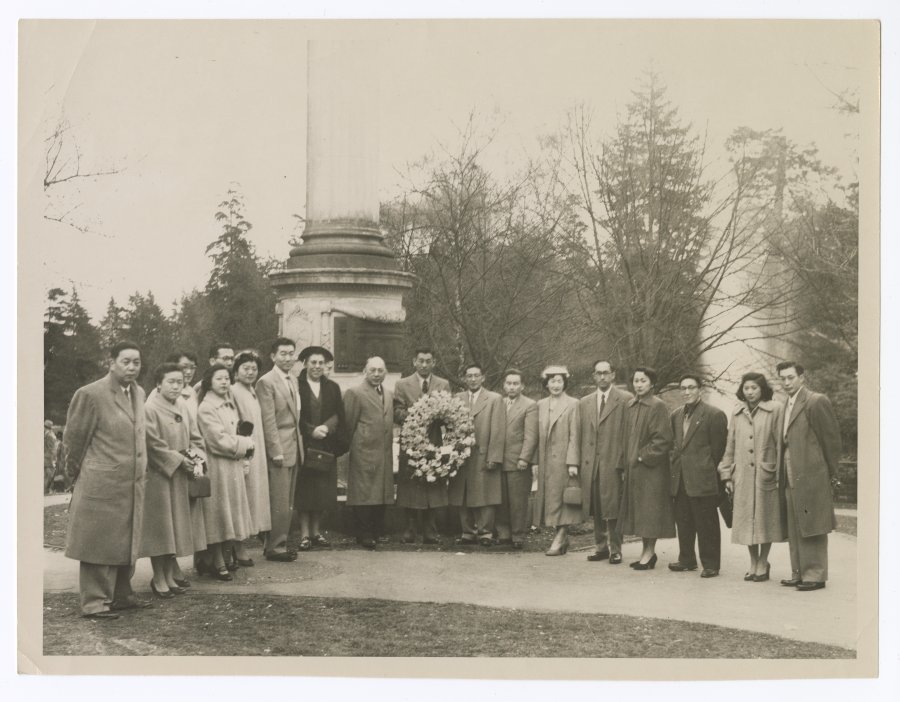
Please join us for a Remembrance Day ceremony at the Japanese Canadian War Memorial in Stanley Park, Vancouver on November 11, 2024 starting at 10:40am.

